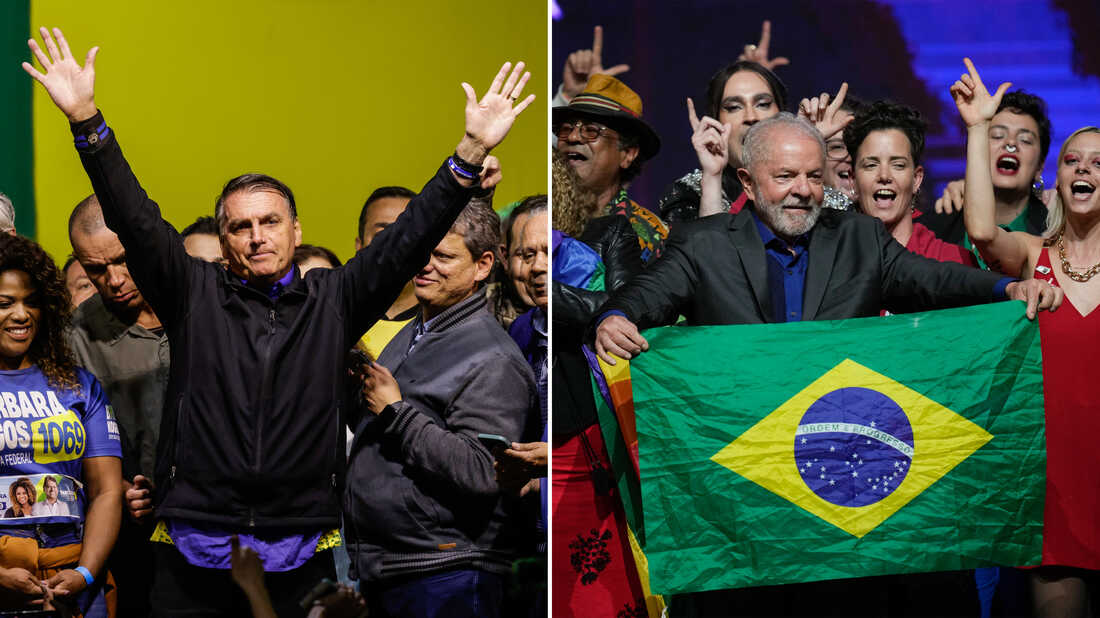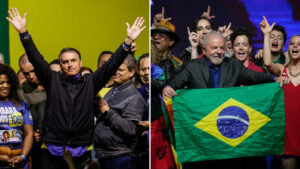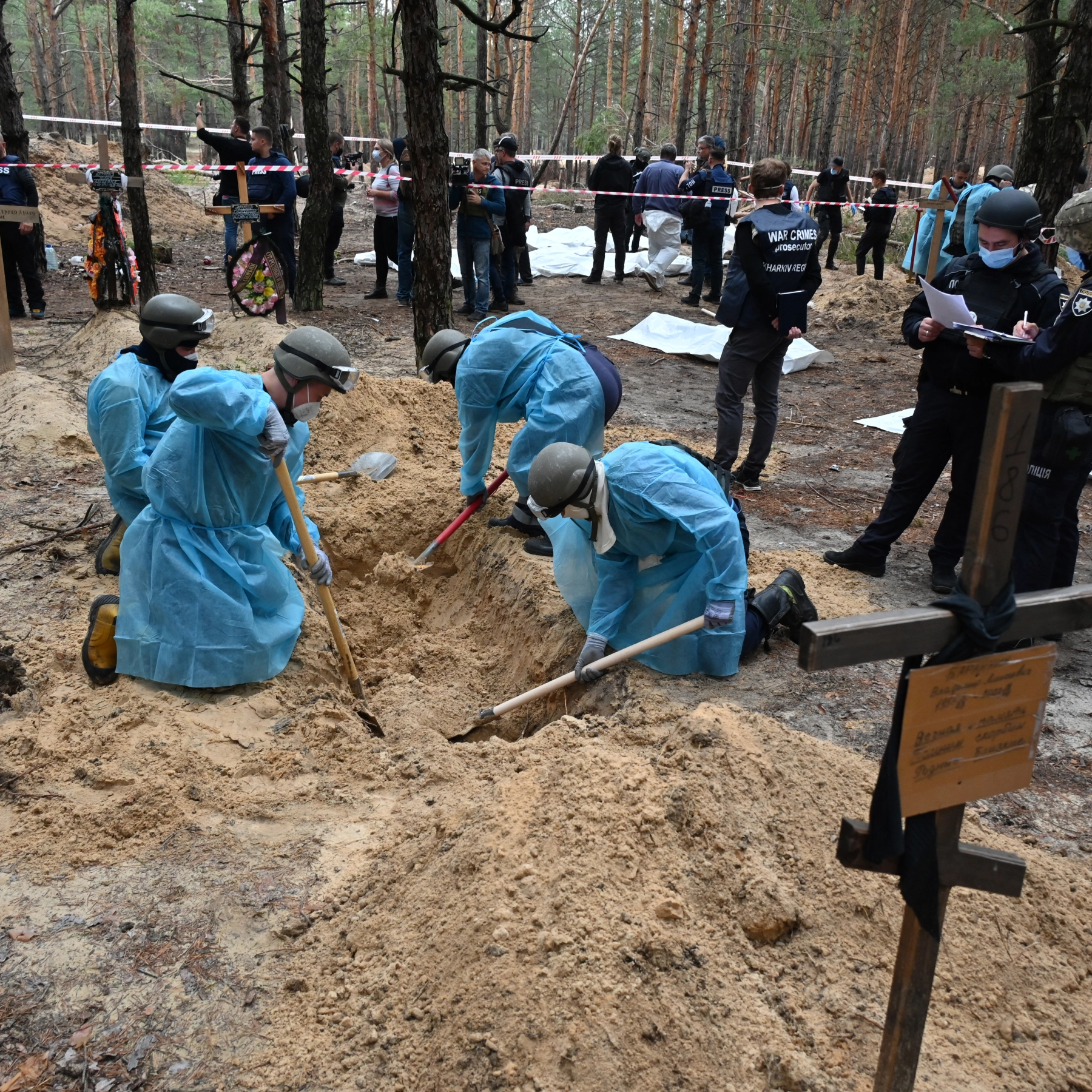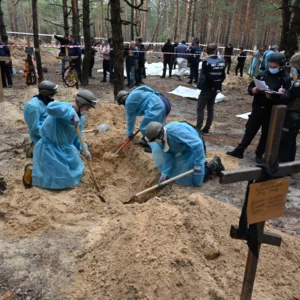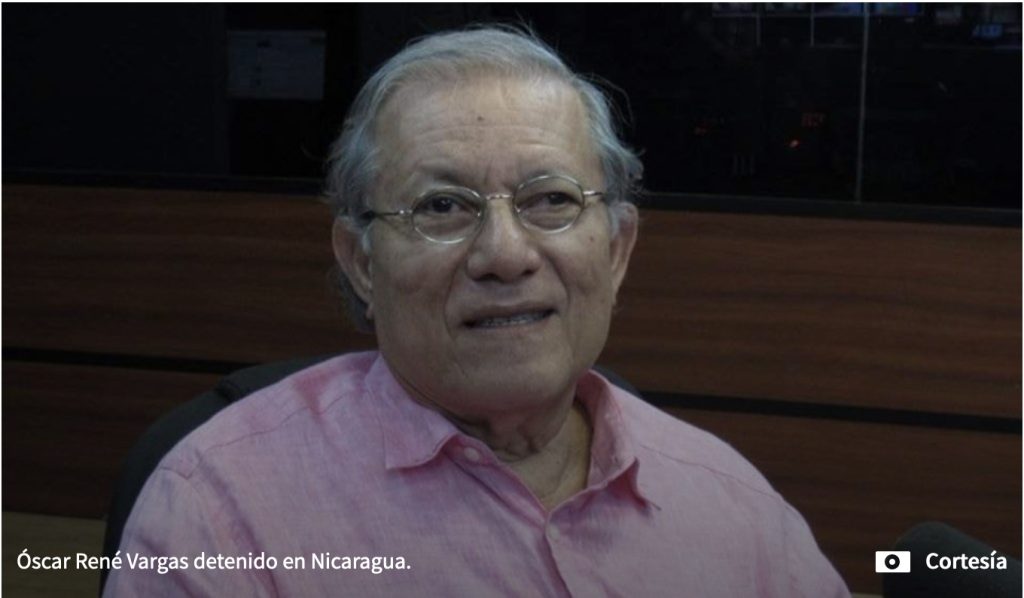
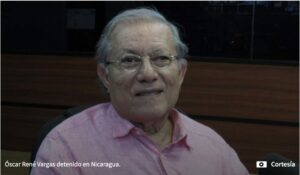 Oscar-René Vargas, a 77-year-old citizen of Nicaragua, is an economist, historian and current affairs analyst in Central America whose qualities are recognized in academic circles, especially by those who have constantly defended the social and democratic rights of the Nicaraguan people in the face of various authoritarian regimes.
Oscar-René Vargas, a 77-year-old citizen of Nicaragua, is an economist, historian and current affairs analyst in Central America whose qualities are recognized in academic circles, especially by those who have constantly defended the social and democratic rights of the Nicaraguan people in the face of various authoritarian regimes.
However, we learned of his “sequestration” –- his de facto arrest and imprisonment –- by the police of President Daniel Ortega’s regime on Tuesday, November 22, 2022. This arbitrary act shocks us deeply, especially since it prolongs a series of arrests of people critical, from various angles, of the current Nicaraguan regime.
Oscar-René Vargas is renowned for his numerous historical works -– more than 35 works -– on Nicaragua, as well as for his commitment, from the mid-1960s, against the Somoza dictatorship, his support for the initial government of the FSLN , and his support for the popular movement of demands that emerged in 2018. The commitments mentioned here reflect the ethical and political rectitude of Oscar-René Vargas, his attachment to democratic rights, and therefore to freedom of expression as well as that of of organization.
We ask the Nicaraguan authorities to fully respect the physical integrity of Oscar-René Vargas, all his rights of defense and his immediate release. Any possible future procedure must absolutely obey respect for human rights and international legal standards.
This requirement is in accordance with the Estatuto sobre derechos yguarantees de los Nicaraguenses, adopted by the Governing Board of National Reconstruction of the Republic of Nicaragua on August 21, 1979 and with the judgment passed in 1980 by the International Commission of Jurists (ICJ, Geneva ) which welcomed “the humanitarian concerns of the [new] government” (p. 6).
Our support for this call addressed to the present authorities of Nicaragua echoes these principles and values that Oscar-René Vargas defended then and still defends.” (November 23)
*****
First signatures gathered since November 23, closing on December 5
Central and South America
Mexico
Dr. Elena Lazos Chavero, Profesora-Investigadora Titular C, SNI III, Instituto de Investigaciones Sociales, Cd. Universitaria, Coyoacán, Ciudad de México
Manuel Aguilar Mora, escritor and professor, Universidad Autónoma de la Ciudad de México (UACM)
Rodrigo Díaz Cruz, professor-investigador Departamento de Antropología, UAM-I, México
Carmen de la Peza, professor-investigadora Universidad Autónoma Metropolitana, Departamento de Communication y Educación, UAM-X, México
Ana Lau Jaiven, professor-investigadora Universidad Autónoma Metropolitana, Departamento de Política y Cultura UAM-X, México
Ma. Eugenia Ruiz Velasco, professor-investigadora Universidad Autónoma Metropolitana, UAM, México
Gisela Espinosa Damián, professor-investigadora Universidad Autónoma Metropolitana, Departamento de Relaciones Sociales UAM. Directora de la revista Veredas , Mexico
Ángeles Eraña, professor-investigadora of the Instituto de Investigaciones Filosóficas, IIF, Universidad Nacional Autónoma de México, UNAM, México
Luis Bueno Rodríguez, professor-investigador Universidad Autónoma Metropolitana, UAM, CILAS, México
Gilberto López y Rivas, Profesor-investigador Instituto Nacional de Antropología e Historia, INAH, Morelos, México
Alicia Castellanos Guerrero, profesora-investigadora jubilada UAM-I, Mexico
Arturo Anguiano, professor-investigador Universidad Autónoma Metropolitana, UAM, México
Sonia Comboni Salinas, professor-investigadora Universidad Autónoma Metropolitana, UAM, México
Noemí Luján Ponce, professor-investigadora UAM, Mexico
Fernando Matamoros, professor of the Benemérita Universidad Autónoma de Puebla, BUAP, México
Araceli Mondragón, professor-investigadora Universidad Autónoma Metropolitana, UAM, México
Marcos Tonatiuh Águila Medina, professor-investigador Departamento de producción Económica, UAM-X, México
Mary Rosaria Goldsmith Connelly, professor-investigadora UAM-X, Mexico
Germán A. De la Reza, Profesor-investigador, UAM-X, Mexico
Telésforo Nava Vázquez, professor-investigador, UAM-I, Mexico
Adolfo Gilly, professor emerito, Facultad de Ciencias Políticas y Sociales, UNAM, Mexico
Gerardo Ávalos Tenorio, professor-investigador of UAM, Mexico
Margarita Zires, Profesora-investigadora of UAM, Mexico
Luis Hernández Navarro, Editorial Coordinator of La Jornada , Mexico
Mary Rosaria Goldsmith Connelly, professor-investigadora UAM-X, Mexico
Germán A. De la Reza, Profesor-investigador UAM-X, Mexico
Telésforo Nava Vázquez, Profesor-investigador UAM-I, Mexico
Julio Muñoz Rubio, Profesor Biólogo, Facultad de Ciencias, UNAM, México
Massimo Modonesi, Professor of Political and Social Sciences, UNAM, México
Dr. Gilberto Lopez y Rivas, professor investigator of INAH Morelos, Mexico
Carmen Aliaga, UAM Xochimilco, Mexico
Enrique Dussel Peters, Full Professor, Facultad de Economía de la Universidad Nacional Autónoma de México (UNAM), México
Alberto Arroyo Picard, Profesor Jubilado, Universidad autónoma metropolitana (UAM), México
Felipe Echenique March, investigator, Instituto Nacional de Antropología e Historia, México
José Manuel Juárez, professor-investigador of the Universidad autónoma metropolitana (UAM), México
Dr. Alejandro Valle Baeza, full professor, Facultad de Economía de la UNAM, Mexico
Arturo Taracena Arriola, Profesor Universidad Nacional Autónoma de México
Carlos Alberto Rios, Historian. Universidad Autonoma Metropolitana, Azcapotzalco, Mexico
Jérôme Baschet, historiador, Universidad Autonoma de Chiapas, México
Argentina
Maristella Svampa, investigator of CONICET, Argentina
Horacio Tarcus, Director of the Centro de Documentación e Investigación de la Cultura de Izquierda (CeDinci), Argentina
Rubén Lo Vuolo, Economist of the CIEEP, Argentina
Valeria Manzano, National University of San Martin, Argentina
Pablo Pozzi, Professor Consulto, University of Buenos Aires, Argentina
Pablo Bertinat, professor of the Universidad Tecnológica Nacional, Argentina
Mario Pecheny, Director del área de Ciencias Sociales y Humanidades del Consejo Nacional de Investigaciones Científicas y Técnicac (CONICET), Argentina
Julián Rebón, professor of the Universidad de Buenos Aires, Argentina
Roberto Gargarella, Professor University of Buenos Aires, Conicet, Argentina
Dra Ana Teresa Martinez, Instituto de Estudios para el Desarrollo Social (INDES), Universidad Nacional de Santiago del Estero/Consejo de Investigaciones Científicas y Tecnológicas (UNSE-CONICET), Argentina
Gabriel Puricelli, Professor, Facultad de Ciencias Sociales, University of Buenos Aires, Argentina
Eduardo Lucita, Economistas de Izquierda (EDI), Argentina
Sebastián Carassai, Investigador del CONICET, Regular Profesor, University of Buenos Aires (UBA), Argentina
Pablo Stefanoni, journalist, responsible for the review Nueva Sociedad , Argentina
Carlos Abel Suarez, Clasco, Buenos Aires, Argentina
Rolando Astarita, economist, Universidad Nacional de Quilmes and Universidad de Buenos Aires, Argentina
Brazil
Valério Arcary, professor titular aposentado do Instituto Federal de Educação, Ciência e Tecnologia de São Paulo, Brasil
Forrest Hylton, Visiting Professor of History, Universidade Federal da Bahia, Brasil
Ricardo Antunes, Full Professor, Universidade Estadual de Campinas (UNICAMP), Brasil
Breno Bringel, professor of the Universidad Estatal de Río de Janeiro, Brasil
José Mauricio Domínguez, professor of the Universidad Estatal de Río de Janeiro, Brasil
Pablo-Henrique Martins, Federal University of Pernambuco, Brasil
Paulo Nakatani, full professor at the Federal University of Espírito Santo, Brasil
Virgínia Fontes, historiadora, Universidade Federal Fluminense, Rio de Janeiro, Brazil
Ricardo Musse, Professor associado no departamento de sociologia da Universidade de São Paulo (USP), Brazil
Osvaldo Coggiola, professor titular, História contemporânea, Universidade de São Paulo (USP), Brazil
José Arbex, professor, Pontificia Universidade Catolica de São Paulo (PUC_SP), Brazil
Jorge Nóvoa, Full Professor, Universidade Federal da Bahia, Brazil
Nara HN Machado, Emeritus University Professor, Porto Alegre, Brazil
Robert Ponge, Professor, Universidade Federal do Rio Grande do Sul, Brazil
Luiz Renato Martins, professor, historiador, Universidade de São Paulo (USP), Brazil
Leda Paulani, full professor, Faculdade de Economia e Administração, Universidade de São Paulo (USP), Brazil
Rosa Maria Marques, Full Professor at the Pontifícia Universidade Católica de São Paulo , Brazil
Carlos Zacarias, Professor, historian of the Federal University of Bahia, Brazil
Bolivia
Mario Rodríguez, Fundacion Wayna Tambo, Bolivia
Elizabeth Peredo Beltran, Psicóloga e Investigadora, Observatorio de Cambio Climático y Desarrollo – OBCCD, Bolivia
Colombia
Muricio Archila, Professor Titular (pensionado), Universidad Nacional de Colombia
Daniel Libreros Caicedo, economist, professor, Universidad Nacional de Colombia, Bogotá
Alejandro Mantilla, professor of the Universidad Nacional de Colombia
Costa Rica
María Esther Montanaro Mena, cédula 1-0922-0124, Universidad de Costa Rica
Hans Nusselder, Consultor-investigador en desarrollo rural, San José, Costa Rica
Ecuador
Miriam Lang, professor at the Universidad Andina Simón Bolívar, Ecuador
Alberto Acosta, economist, former President of the Asamblea Constituyente de Ecuador
Chile
Dr. Haroldo Dilla Alfonso, Profesor Titular, Director of the Instituto de Estudios Internacionales (INTE), Universidad Arturo Prat, Chile
Guatemala
Ana Silvia Monzón, FLACSO, Guatemala
Dominican Republic
Virtudes de la Rosa, professor of the Univerrsidad Autónoma de Santo Domingo
Uruguay
Ramiro Chimuris, economist y abogado, Universidad de la República, Uruguay
Isabel Koifmann, trade unionist, Cooperativa Magisterial, Uruguay
Daniel Ceriotti, licenciado en Nutrición, Universidad de la República, Uruguay
Ernesto Herrera, periodista, Uruguay
Aldo Marchesi, Centro de Estudios Interdisciolinarios, Universidad de la República, Uruguay
Venezuela
Edgardo Lander, Central University of Venezuela
United States
Jeffrey L. Gould, Distinguished Visiting Professor of Modern History, School of Historical Studies, Institute for Advanced Study, Princeton, NJ, USA
Barbara Weinstein, Silver Professor of Latin American History, New York University, USA
Justin Wolfe, Associate Professor of History, Tulane University, USA
Jocelyn Olcott, Professor of History, Duke University, USA
Michel Gobat, Professor of History, University of Pittsburgh, USA
William I. Robinson Distinguished Professor of Sociology and Global and International Studies, Latin American and Iberian Studies, University of California-Santa Barbara, USA
Dan La Botz, Member of the Editorial Board of New Politics , New York, USA
Steven Volk, Professor of History Emeritus, Oberlin College, Ohio, USA
Dr. Julie A. Charlip, Professor Emerita, Latin American History, Whitman College, USA
Clara E Irazábal Zurita, JEDI Officer, ADVANCE Professor, School of Architecture, Planning and Preservation, University of Maryland, USA
John L. Hammond, Professor of sociology, City University of New York, former collaborator in the Casa del Gobierno, Estelí, 1985-86, United States
Rosalind Bresnahan, California State University San Bernardino (retired), USA
William Bollinger, Latin American Studies, California State University, Los Angeles, USA
Carlos Forment, professor, New School of Social Research, New York, USA
Greg Grandin, Chair Vann Woodward, Professor of History, Yale University, USA
Arturo Escobar, Prof. Emerito de Antropologia, U. of Carolina del Norte, Chapel Hill, USA
Amy C. Offner, Associate Professor of History, University of Pennsylvania, USA
William Aviles, Professor of Political Science, University of Nebraska at Kearney, USA
Howard Winant, Distinguished Professor Emeritus, Department of Sociology, University of California, Santa Barbara, USA
Stephen R. Shalom, emeritus professor, William Paterson University, New Jersey
Noam Chomsky, Institute Professor emeritus MIT, Laureate Professor U. of Arizona
Bill Fletcher, Jr., past president, TransAfrica Forum
Alan Wald, H. Chandler Davis Collegiate Professor Emeritus, University of Michigan, Ann Arbor
E. Ahmet Tonak, Professor of Economics, Hampshire College, USA
Canada
Jeffery R. Webber, Associate Professor, Department of Politics, York University, Toronto, Canada
Australia
Viviana Canibilo Ramírez, BA (Hons), Dip. Ed., Investigadora Independiente, Senior Teacher of Spanish & Home Economics (retired), NSW & Queensland Depts. of Education (1980-2016), Australia
Robert Austin Henry, Honorary Associate, School of Humanities, University of Sydney, Australia
France
Michael Löwy, Emeritus Research Director at CNRS, France
Eleni Varikas, Emeritus Professor at the University of Paris 8, France
Catherine Samary, economist, Paris Dauphine University
Gustave Massiah, former teacher at the Paris La Villette School of Architecture, France
Claude Serfati, economist, IRES, Paris
Franck Gaudichaud, university professor in Latin American history at Toulouse Jean Jaurès University, France
Christian Tutin, Emeritus University Professor, Paris-Est, France
Pierre Salama, Emeritus University Professor, Economist, Paris-Nord University, France
Jean Malifaud, lecturer at Paris Didedot University, mathematician, France
Alain Bihr, Honorary Professor of Sociology, University of Bourgogne-Franche-Comté (Besançon), France
Roland Pfefferkorn, Emeritus Professor of Sociology, University of Strasbourg, France
Bernard DREANO, economist, President of CEDETIM (Centre for studies and initiatives for international solidarity), France
Natacha Lillo, lecturer, Paris Cité University, France
Thomas Posado, doctor in political science at the University of Paris-8, France
Bruno Percevois, retired pediatrician, France
Olivier Compagnon, historian, Sorbonne Nouvelle University (Institute for Advanced Studies in Latin America), France
Hadrien Clouet, sociologist, deputy for Haute-Garonne
Hubert Krivine, Emeritus Professor of Physics, Pierre and Marie Curie University, France
Luc Quintin, MD, PhD, anesthesiologist (retired), senior investigator (retired), France
Claude Calame, Director of Studies, School of Advanced Studies in Social Sciences, France
Evelyne Perrin, sociologist, Stop Précarité and LDH 94 – French League for the Defense of Human Rights, France
Pierre Cours-Salies, professor emeritus Paris-8, France
John Barzman, Emeritus Professor of Contemporary History, University of Le Havre Normandy, France
Isabelle Garo, Philosopher, France
Christian Mahieux, Union Syndicale Solidaires, International Trade Union Network of Solidarity Aid Struggles, France
Carlos Agudelo, Sociologist, Associate Researcher URMIS, IRD – CNRS – University of Paris – University Côte d’Azur, France
Bruno Percevois, retired pediatrician, France
Natacha Lillo, lecturer, Paris Cité University, France
Laurent Faret, Professor of Geography at Paris-Diderot University, France
Janette Habel, Lecturer at the University of Marne-la-Vallée and at IHEAL, France
Ludivine Bantigny, Historian, Paris, France
Pierre Khalfa, Economist, Copernic Foundation, France
Nicole Abravanel, School of Advanced Studies in Social Sciences, France
Christiane Vollaire, Philosopher, Associate Researcher at CNAM, Paris, France
Esther Jeffers, Professor of Economics, University of Picardie Jules Verne, France
Gilles Bataillon, Sociologist, School of Advanced Studies in Social Sciences, Paris, France
Pierre ROLLE, sociologist, University of Paris-Nanterre, France
Pierre Dardot, philosopher, University of Paris Nanterre, France
Edgard Vidal–Martinez, Center for Research on Arts and Language (EHESS-Paris), France
Christian Laval, Emeritus Professor of Sociology, Paris-Nanterre University, Paris, France
Marc Perelman, Emeritus Professor of Universities, Paris Nanterre University, France
Michel Cahen, CNRS Emeritus Research Director at Sciences Po Bordeaux, France
Josette Trat, sociologist, former teacher-researcher at the University of Paris 8, France
Robert March, Emeritus Lecturer, Faculty of Architecture, Paris, France
Jacques Généreux, University lecturer at Sciences Po. Paris, France
Charlotte Guénard, economist, University Paris 1 Panthéon-Sorbonne-IEDES, Paris, France
Belgium
Bernard Duterme, Director CETRI – Tricontinental Center, Belgium
Mateo Alaluf, Honorary Professor Free University of Brussels, Belgium
Andrea Rea, professor at the Free University of Brussels, Belgium
Pierre Marage, Professor Emeritus of the Free University of Brussels, Belgium
Anne Morelli, Professor Emeritus of the Free University of Brussels, Belgium
Marcelle Stroobants, Emeritus Professor of the Free University of Brussels, Belgium
Jean Vogel, teacher Free University of Brussels, Belgium
Éric Toussaint, Doctor of Political Science from the Universities of Paris 8 and Liège, Belgium
Hugues Le Paige, journalist-director, Belgium
Isabelle Stengers, Emeritus Professor Free University of Brussels, Belgium
Francine Bolle, professor at the Free University of Brussels, Belgium
Esteban Martinez, professor Free University of Brussels, Belgium
Fréderic Louault, professor Free University of Brussels, Belgium
Margaux De Barros, Researcher at the Free University of Brussels, Belgium
Laurent Vogel, associate researcher at the European Trade Union Institute, Belgium
Christine Pagnoulle, Honorary Professor at the University of Liège, Belgium
Sylvie Carbonnelle, Assistant in charge of exercises, Institute of Sociology, Free University of Brussels, Belgium
Jean Vandewattyne, Professor, University of Mons, Belgium
Douglas Sepulchre, assistant at the Free University of Brussels, Belgium
Riccardo Petrella, Emeritus Professor of the Catholic University of Louvain (B), Political Economist, Belgium
Perrine Humblet, Professor Emeritus of the Free University of Brussels, Belgium
Corinne Gobin, Emeritus Professor of the Free University of Brussels, Belgium
Michel Caraël, Professor Emeritus of the Free University of Brussels, Belgium
Willy Estersohn, Journalist, Belgium
Jean Puissant, Emeritus Professor Free University of Brussels, Belgium
Ralph Coeckelberghs, former Secretary General of Socialist Solidarity-NGO active in Nicaragua, Belgium
Eric Corijn, Professor of Urban Studies, Vrije Universiteit Brussel (VUB), Belgium
Pierre Galand, Emeritus University Professor, ULB, Belgium
Alexis Deswaef, lawyer at the Brussels Bar and vice-president of the International Federation for Human Rights (FIDH), Belgium
Patricia Willson, Faculty of Philosophy and Letters, University of Liège, Belgium
Sixtine Van Outryve, doctoral student in law, Catholic University of Louvain, Belgium
Maria Cecilia Trionfetti, researcher, Faculty of Philosophy and Social Sciences, Free University of Brussels, Belgium
Louise de Brabandère, doctor affiliated with the Institute of Sociology of the Free University of Brussels (ULB), Belgium
Netherlands
Tatiana Roa, professor Center for Latin American Research and Documentation Cedla, Amsterdam University, Netherlands
Britain
Alex Callinicos, Emeritus Professor of European Studies, King’s College London
Gilbert Achcar, Professor, SOAS, University of London
Alfredo Saad Filho, Professor, King’s College London
Elisa Van Waeyenberge, Professor, SOAS, University of London
Chris Wickham, Chichele Professor of Medieval History emeritus, University of Oxford, Great Britain
Mike Gonzalez, Emeritus professor, Glasgow university, U.K.
Ken Loach, filmmaker
Spain
Jaime Pastor, Professor of Political Science at the National University of Distance Education (UNED), Madrid, Spain
Marcos Roitman, Professor of Sociology at the Complutense University of Madrid, Spain
Luisa Martín Rojo, Catedrática de Lingüística of the Universidad Autónoma de Madrid, Spain
María Trinidad Bretones, titular professor of Sociology at the Universidad de Barcelona, Spain
Antonio García-Santesmases, catedrático de Filosofía Política of the Universidad Nacional de Educación a Distancia , Spain
Roberto Montoya, writer and periodist, Spain
Carlos Prieto Rodriguez, Professor Emeritus of the Complutense University of Madrid, Spain
Ángeles Ramírez, full professor of social anthropology at the Universidad Autónoma de Madrid, Spain
Fernando Álvarez-Uría, Catedrático de Sociología of the Universidad Complutense de Madrid (UCM), Spain
Julia Varela, Catedrática de Sociología of the Universidad Complutense de Madrid (UCM), Spain
Álvaro Pazos Garciandia, professor of Social Antropology of the Universidad Autónoma Madrid, Spain
Carlos Giménez Romero, professor of Social Antropology of the Universidad Autónoma Madrid, Spain
Juan Carlos Gimeno Martín, professor of Social Antropology of the Universidad Autónoma Madrid, Spain
Marta Cabezas Fernandez, professor of Social Antropology of the Universidad Autónoma Madrid, Spain
Virtudes Téllez Delgado, secretaria académica, Universidad Autónoma, Madrid, Spain
Alba Valenciano i Mañé, professor of Social Antropology of the Universidad Autónoma Madrid, Spain
Alessandro Forina, professor of Social Antropology of the Universidad Autónoma Madrid, Spain
Fructuoso de Castro, professor of Social Antropology of the Universidad Autónoma Madrid, Spain
Pilar Monreal Requena, professor of Social Antropology of the Universidad Autónoma Madrid, Spain
Alicia Campos Serrano, professor of Social Antropology of the Universidad Autónoma Madrid, Spain
Juan Ignacio Robles Picón, professor of Social Antropology of the Universidad Autónoma Madrid, Spain
Paloma Gómez Crespo, professor of Social Antropology of the Universidad Autónoma Madrid, Spain
Héctor Grad, professor of Social Antropology of the Universidad Autónoma Madrid, Spain
Virginia Vaqueira, professor of Social Anthropology of the Universidad Autónoma Madrid, Spain
Carlos Taibo, professor of Ciencia Política de la Universidad Autónoma Madrid, Spain
Maria de la Válgoma, titular professor of Derecho Civil, Universidad Complutense de Madrid, España
Alberto Riesco, Professor Complutense University of Madrid, Spain
Julia Peregrin Caballero, Socióloga, Experta en Cooperación Internacional, Madrid, Spain
Italy
Luigi Ferrajoli, professor emerito di “Filosofia del diritto” presso the Università degli Studi Roma Tre, Doctor honoris causa of many universities: Buenos Aires (UBA), Universidad Nacional de La Plata, Universidad de la Repubblica del Uruguay, Academia Brasileira de Direito Constitucional (Curitiba, Brasil), etc.
Pietro Basso, Professore associato di Sociologia – Università Ca’ Foscari / Venezia, Italy
Riccardo Bellofiore, Economista, Italy
Michele Fatica, professor emerito di storia moderna e contemporanea at the Università “L’Orientale” di Napoli, Italy
Paolo Barcella, Professore associato, Dipartimento di Lingue, Letterature e culture straniere, University of the studi di Bergamo, Italy
Portugal
Alda Sousa, University of Porto, Biomedical Sciences, Portugal
Jorge Sequeiros, University of Porto, Medicine, Portugal
Ana Campos, New University of Lisbon, medicine, Portugal
Francisco Louçã, University of Lisbon, economy, Portugal
Boaventura de Sousa Santos, Director Emérito Centro de Estudos Sociais, Portugal
Switzerland
Jean Ziegler, emeritus professor of sociology at the University of Geneva, vice-president of the advisory committee of the United Nations Human Rights Council, Switzerland
Sébastien Guex, Honorary Professor University of Lausanne, Switzerland
Bernard Votat, Ordinary Professor, University of Lausanne, Switzerland
Sandra Bott, Assistant Professor, Faculty of Letters, University of Lausanne, Switzerland
Silvia Mancini, Honorary Professor, Faculty of Theology and Religious Studies, University of Lausanne, Switzerland
Malik Mazbouri, Lecturer and Researcher, Faculty of Letters, University of Lausanne, Switzerland
Jean Batou, Honorary Professor, Faculty of Social and Political Sciences, University of Lausanne, Switzerland
Joseph Daher, Visiting Professor, Faculty of Social and Political Sciences, University of Lausanne, Switzerland
Stéfanie Prezioso, Associate Professor, Faculty of Social and Political Sciences, University of Lausanne, Switzerland, Member of the Federal Parliament
Janick Marina Schaufelbuehl, Associate Professor, Faculty of Social and Political Sciences, University of Lausanne, Switzerland
Nils de Dardel, lawyer, former federal parliamentarian, Geneva, Switzerland
Romolo Molo, lawyer, Geneva, Switzerland
Hans Leuenberger, retired ICRC delegate, Switzerland
Nelly Valsangiacomo, Full Professor, Faculty of Letters, University of Lausanne, Switzerland
Charles-André Udry, economist, Editions Page 2, Switzerland
Nicolas Bancel, Full Professor, Faculty of Social and Political Sciences, University of Lausanne, Switzerland
Pierre Eichenberger, Lecturer and Researcher, Faculty of Social and Political Sciences, University of Lausanne, Switzerland
Pierre Frey, Honorary Professor Federal Polytechnic School, Lausanne, Switzerland
Caroline RENOLD, lawyer, Geneva, Switzerland
Pierre STASTNY, lawyer, Geneva, Switzerland
Maurizio LOCCIOLA, lawyer, Geneva, Switzerland
Christian Dandres, Lawyer, Member of the Federal Parliament, Geneva, Switzerland
Emmanuel Amoos, Member of the Federal Parliament, Valais, Switzerland
Laurence Fehlmann Rielle, Member of the Federal Parliament, Geneva, Switzerland
Nicolas Walder, Member of the Federal Parliament, Geneva, Switzerland
Dr Martine Rais, physician, Switzerland
Cédric Wermuth, Member of the Federal Parliament, Aargau, Switzerland
Pierre-Yves Maillard, Member of the Federal Parliament, Vaud, Switzerland
Sébastien Chauvin, Associate Professor, Faculty of Social and Political Sciences, University of Lausanne, Switzerland
Michel Ducraux, retired ICRC delegate, Switzerland
Cécile Péchu, Lecturer and Researcher, University of Lausanne, Switzerland
Matthieu Leimgruber, Ausserordentlicher Professor Forschungsstelle für Sozial- und Wirtschaftsgeschichte, Universität Zürich, Switzerland
Mounia Bennani-Chraïbi, Full Professor, Faculty of Social and Political Sciences, University of Lausanne, Switzerland
Katharina Prelicz-Huber, Member of Federal Parliament, Zurich, Switzerland
Lisa Mazzone, Member of the Federal Parliament, Geneva, Switzerland
Brigitte Crottaz, Member of the Federal Parliament, Vaud, Switzerland
Léonore Porchet, Member of the Federal Parliament, Vaud, Switzerland
Christophe Clivaz, Member of the Federal Parliament, Valais, Switzerland
Delphine Klopfenstein-Broggini, Member of the Federal Parliament, Geneva, Switzerland
Natalie Imboden, Member of Federal Parliament, Bern, Switzerland
Balthasar Glättli, Member of the Federal Parliament, Zurich, Switzerland
Hans-Peter Renk, retired librarian, Le Locle, Switzerland
Sergio Rossi, Full Professor, Faculty of Economics and Social Sciences and Management, University of Fribourg, Switzerland
Christian Marazzi, Professor, La Scuola universitaria professionale della Svizzera italiana, Lugano-Tessin, Switzerland
Spartaco Greppi, Professor, Dipartimento di economia aziendale, sanità e sociale, SUPSI, Lugano-Tessin, Switzerland
Austria
Dr. Leo Gabriel, Periodista y Antropólogo, Austria
Christian Zeller, Professor für Wirtschaftsgeographie an der Universität Salzburg, Austria
Germany
Dr. Manfred Liebel, Prof. em. Technische University Berlin, Germany
Dr. Betina Kern, Ambassador of the Federal Republic of Germany from 2008 to 2012 in Nicaragua, Germany
For the latest signatories, see here.
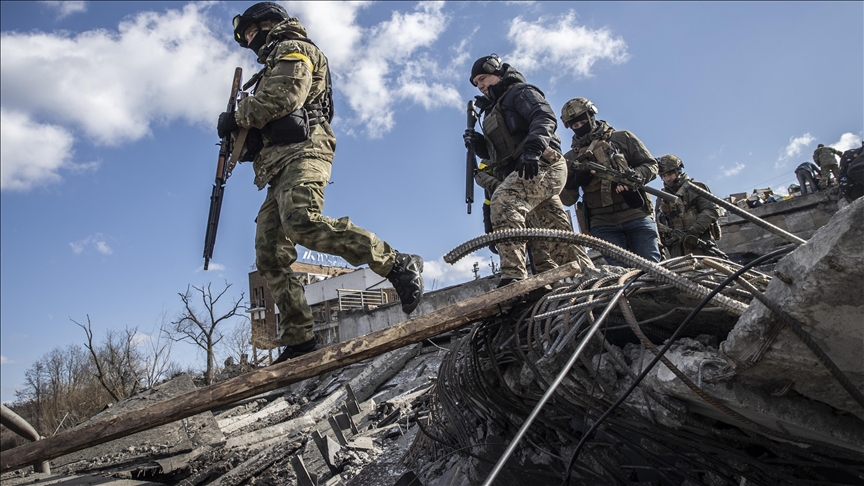
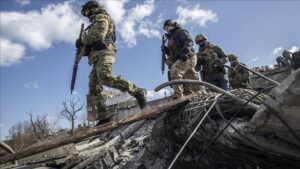 Faced with the invasion of Ukraine by the regime of Vladimir Putin, the antiwar movement has seen the development of very contrasting positions. They all have in common that they all claim peace, a word behind which very diverse, even opposing attitudes can be placed.
Faced with the invasion of Ukraine by the regime of Vladimir Putin, the antiwar movement has seen the development of very contrasting positions. They all have in common that they all claim peace, a word behind which very diverse, even opposing attitudes can be placed.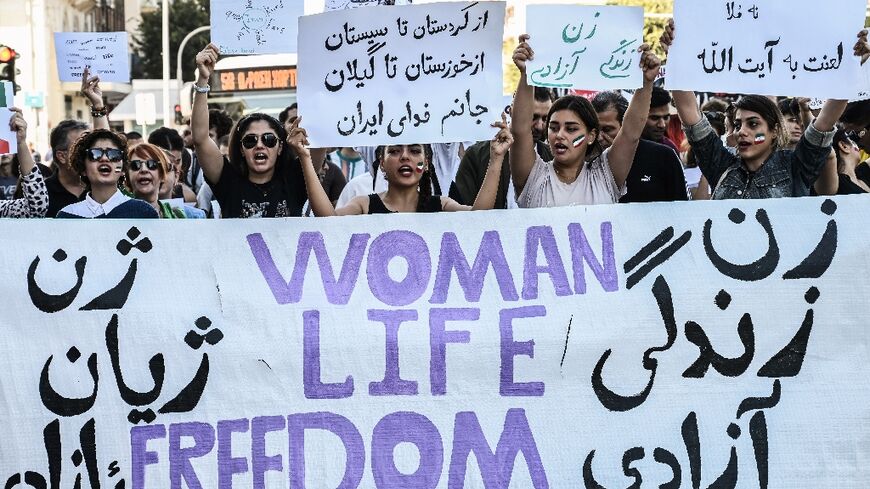
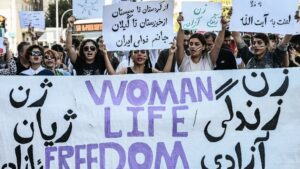 We, Ukrainian feminists, express our solidarity with Iranian uprising, triggered by the
We, Ukrainian feminists, express our solidarity with Iranian uprising, triggered by the 
 Oscar-René Vargas, a 77-year-old citizen of Nicaragua, is an economist, historian and current affairs analyst in Central America whose qualities are recognized in academic circles, especially by those who have constantly defended the social and democratic rights of the Nicaraguan people in the face of various authoritarian regimes.
Oscar-René Vargas, a 77-year-old citizen of Nicaragua, is an economist, historian and current affairs analyst in Central America whose qualities are recognized in academic circles, especially by those who have constantly defended the social and democratic rights of the Nicaraguan people in the face of various authoritarian regimes.

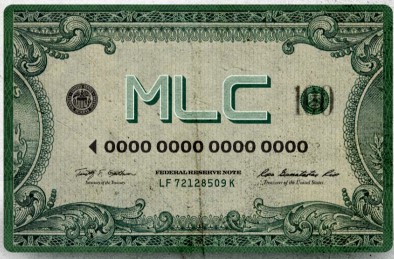
 Since July 11, 2021, when there were many street protests throughout the nation’s territory, Cuba has been in a state of persistent agitation. According to the Cuban blog El Toque, between September 28 and October 12, ninety-two protests took place in thirty-six municipalities, twelve of them located in Havana’s metropolitan area. These were due to a large extent to the damages caused by hurricane Ian, including a nation-wide blackout. Many Cubans went out to protest in the streets, helped by the darkness that made more difficult their identification by the repressive organs of the state. Although this blackout was very extensive and long-lasting, it has not been the only one in recent times caused by the lack of maintenance, official negligence, and energy shortages due to a significant degree to the reduction of oil shipments from Venezuela. The long blackout resulted in thousands of Cubans losing their refrigerated food, worsening the already critical food situation.
Since July 11, 2021, when there were many street protests throughout the nation’s territory, Cuba has been in a state of persistent agitation. According to the Cuban blog El Toque, between September 28 and October 12, ninety-two protests took place in thirty-six municipalities, twelve of them located in Havana’s metropolitan area. These were due to a large extent to the damages caused by hurricane Ian, including a nation-wide blackout. Many Cubans went out to protest in the streets, helped by the darkness that made more difficult their identification by the repressive organs of the state. Although this blackout was very extensive and long-lasting, it has not been the only one in recent times caused by the lack of maintenance, official negligence, and energy shortages due to a significant degree to the reduction of oil shipments from Venezuela. The long blackout resulted in thousands of Cubans losing their refrigerated food, worsening the already critical food situation.
 [Prague] Anna Ŝabatová knows what it is to fight Russian imperialism. In the 1970s she and her husband Peter Uhl, who died last year, were active in Czechoslovakia in the movement for democracy, human rights, and national sovereignty. Both served time in prison for their opposition to the government. Today Ŝabatová has joined a group of women who are fellow veterans of the fight against the Czech Communist government and the Soviet Union’s domination of their country in a network called Grandmothers with Ukraine.
[Prague] Anna Ŝabatová knows what it is to fight Russian imperialism. In the 1970s she and her husband Peter Uhl, who died last year, were active in Czechoslovakia in the movement for democracy, human rights, and national sovereignty. Both served time in prison for their opposition to the government. Today Ŝabatová has joined a group of women who are fellow veterans of the fight against the Czech Communist government and the Soviet Union’s domination of their country in a network called Grandmothers with Ukraine.
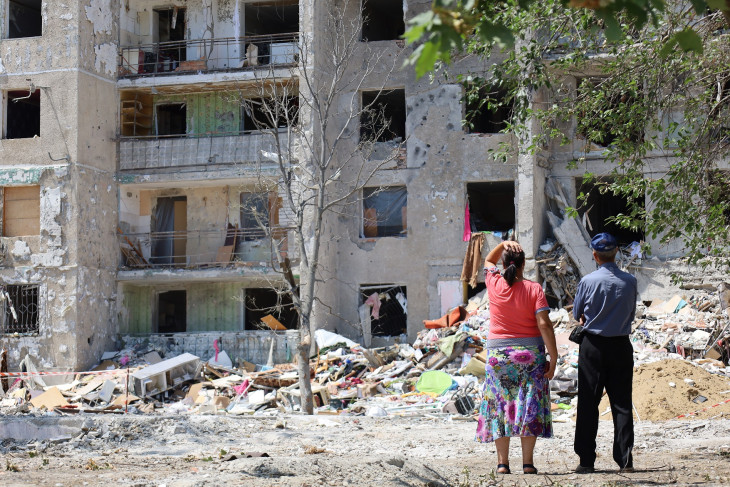
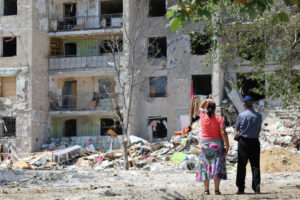
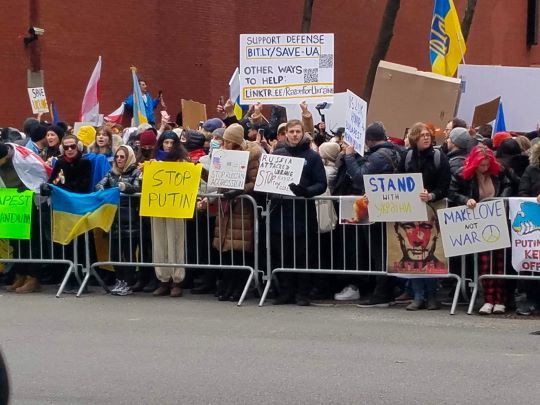
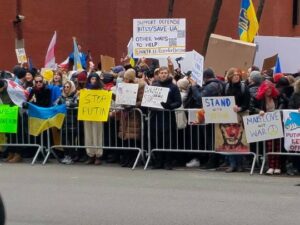

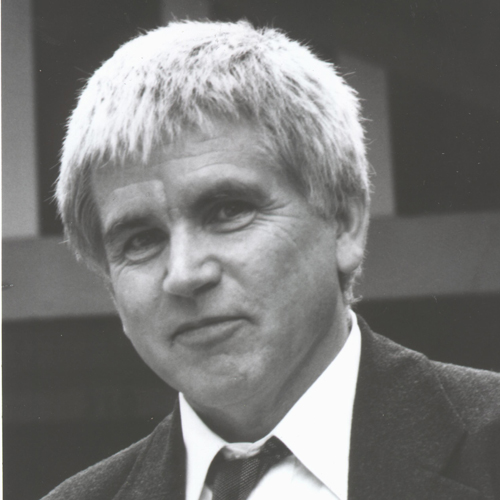


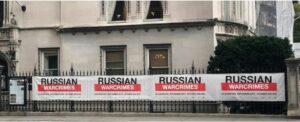
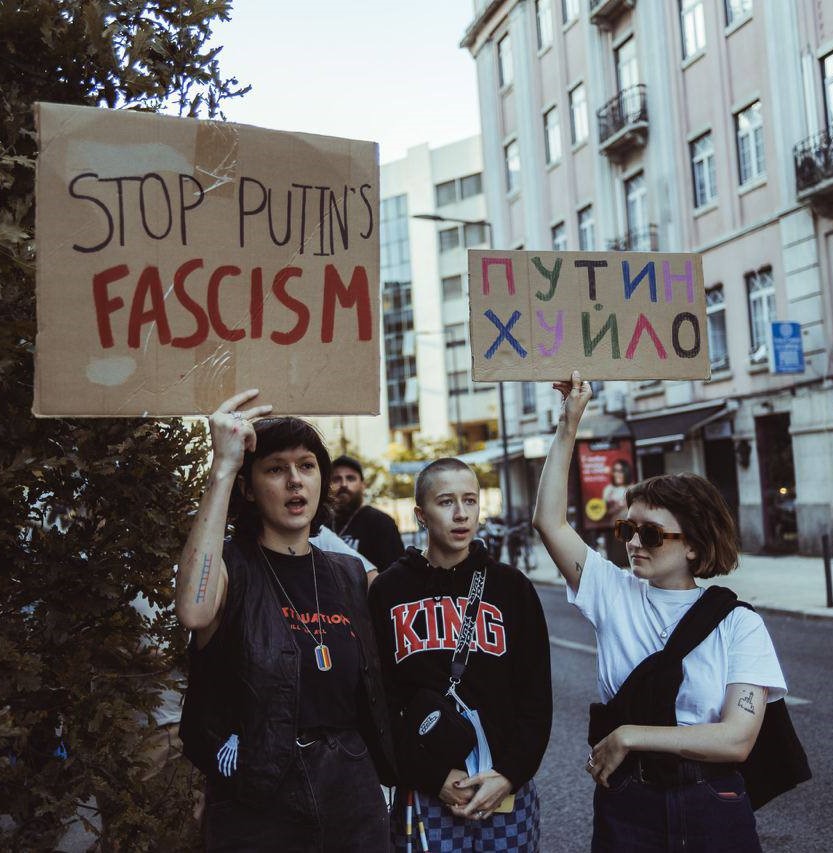
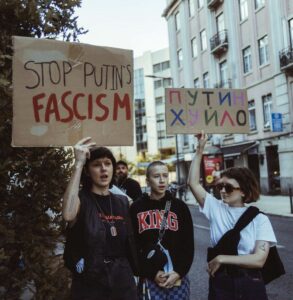

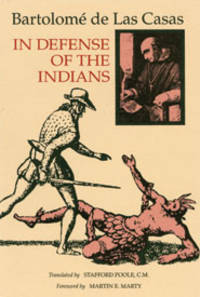 Over 400 years ago, long before Woodrow Wilson or Vladimir Lenin, the Christian humanist Bartolomé de Las Casas, known as the “Defender of the Indians,” developed a theory of the right of nations to self-determination that can be applied to many other countries today, including Ukraine.
Over 400 years ago, long before Woodrow Wilson or Vladimir Lenin, the Christian humanist Bartolomé de Las Casas, known as the “Defender of the Indians,” developed a theory of the right of nations to self-determination that can be applied to many other countries today, including Ukraine.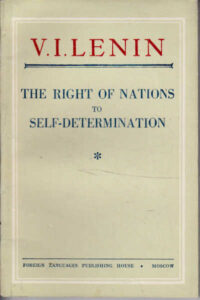
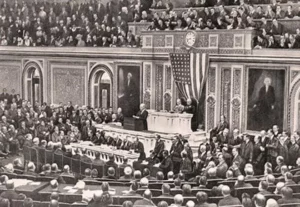




 As usual, given the kingdom’s dominant weight in the global oil market, the Saudi role was decisive in the decision taken a week ago by OPEC+, i.e. the expanded OPEC that includes a number of non-OPEC oil-exporting countries, most notably Russia. This decision, which called for the reduction of oil production in order to maintain the level of prices, caused a major international uproar, especially in the United States, not because of its actual impact on the oil market as much as for its significance regarding the US-Saudi relationship. This is because OPEC production during the months preceding the meeting was already below the previously set ceiling due to the inability of many countries to increase their production for technical reasons, while other countries, including the United Arab Emirates, want to increase their production after having invested in strengthening their extractive capabilities.
As usual, given the kingdom’s dominant weight in the global oil market, the Saudi role was decisive in the decision taken a week ago by OPEC+, i.e. the expanded OPEC that includes a number of non-OPEC oil-exporting countries, most notably Russia. This decision, which called for the reduction of oil production in order to maintain the level of prices, caused a major international uproar, especially in the United States, not because of its actual impact on the oil market as much as for its significance regarding the US-Saudi relationship. This is because OPEC production during the months preceding the meeting was already below the previously set ceiling due to the inability of many countries to increase their production for technical reasons, while other countries, including the United Arab Emirates, want to increase their production after having invested in strengthening their extractive capabilities.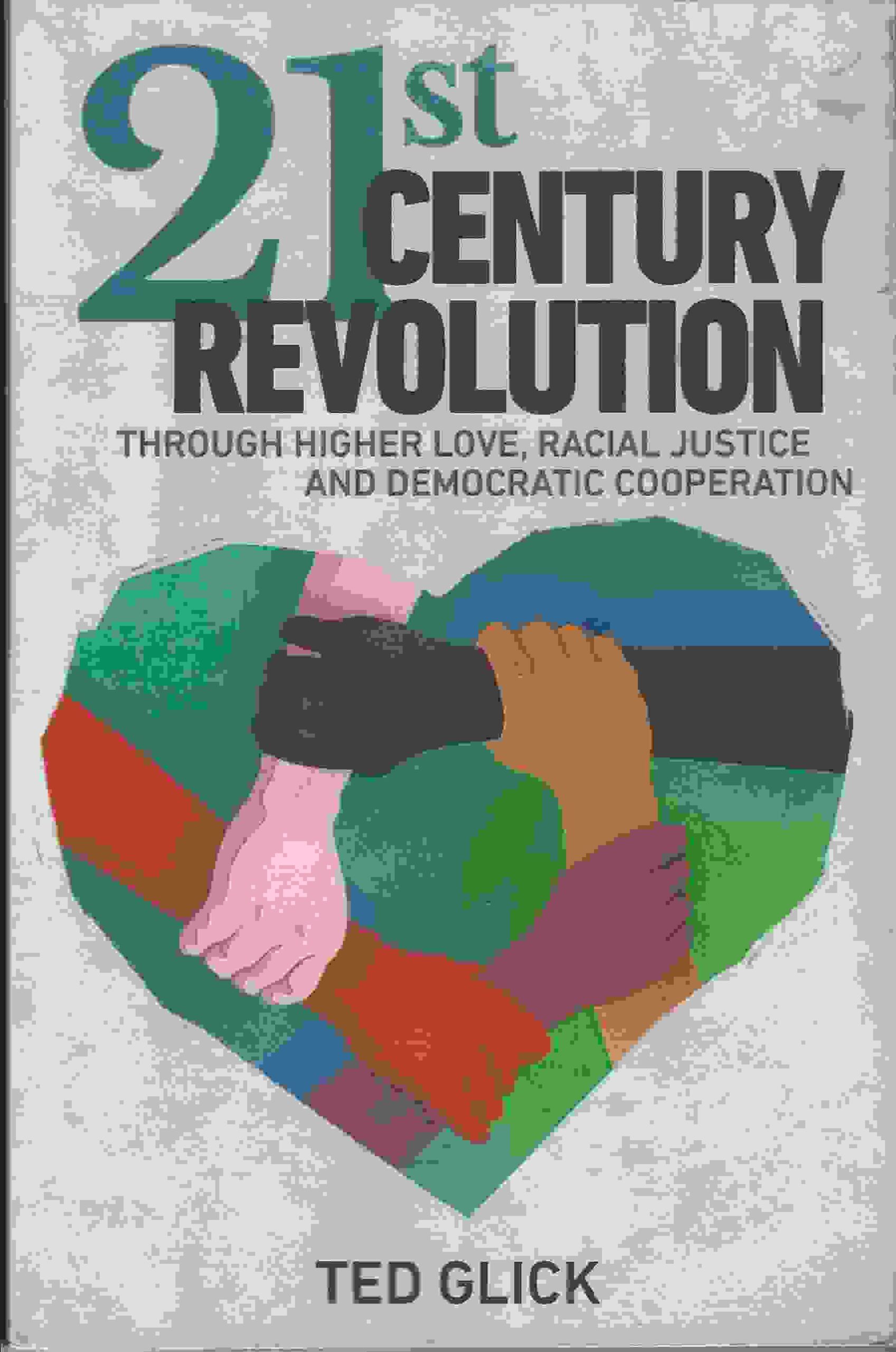
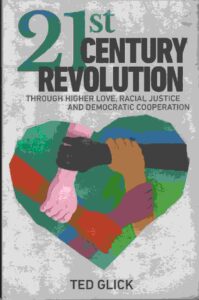 21st Century Revolution: through higher love, racial justice and democratic cooperation, Ted Glick, Bloomfield, NJ: Future Hope Publications, 2021, 114 pp. $10,
21st Century Revolution: through higher love, racial justice and democratic cooperation, Ted Glick, Bloomfield, NJ: Future Hope Publications, 2021, 114 pp. $10, 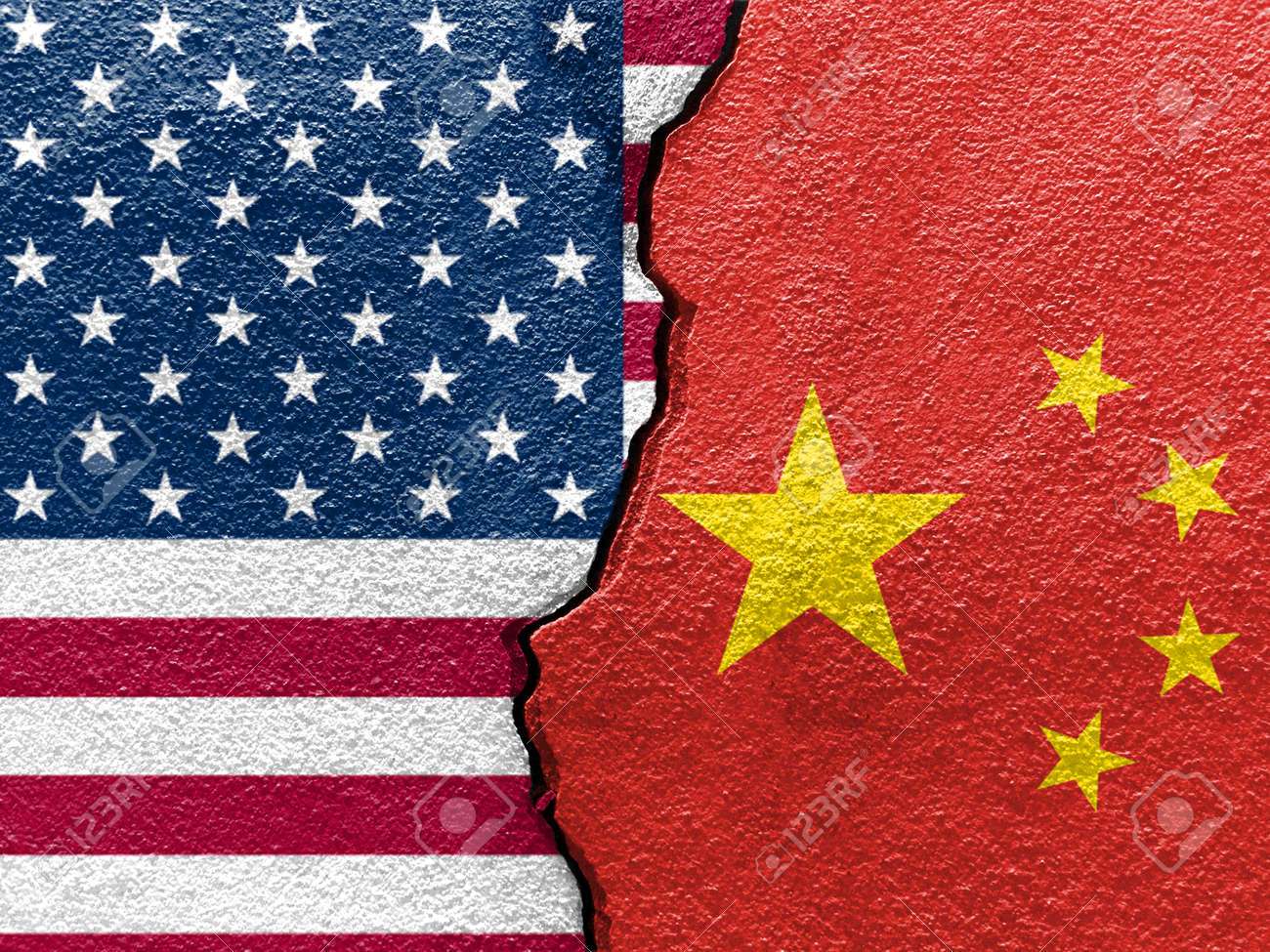
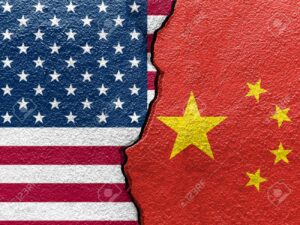 The United States has long dominated Latin America, but today—in fact for the last twenty years—it is being challenged by China, which has invested billions and established political and some military relationships with many governments in the region. The U.S. took control of Latin America first through wars and later through economic investment, China has begun with economic investment, but as we know from history, defending such investments often requires war. One can foresee a sharpening of U.S.-Chinese inter-imperialist competition in Latin America today.
The United States has long dominated Latin America, but today—in fact for the last twenty years—it is being challenged by China, which has invested billions and established political and some military relationships with many governments in the region. The U.S. took control of Latin America first through wars and later through economic investment, China has begun with economic investment, but as we know from history, defending such investments often requires war. One can foresee a sharpening of U.S.-Chinese inter-imperialist competition in Latin America today.
 A review of Fighting Times: Organizing on the Front Lines of the Class War (PM Press, 2022) by Jon Melrod and Troublemaker: Saying No to Power by Frank Emspak (available at Amazon books).
A review of Fighting Times: Organizing on the Front Lines of the Class War (PM Press, 2022) by Jon Melrod and Troublemaker: Saying No to Power by Frank Emspak (available at Amazon books).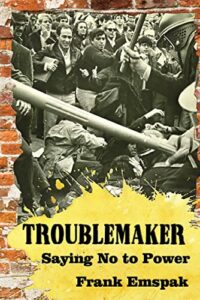 At the time, they and their closest comrades were not exactly the best of friends or workplace allies. As Emspak reports in his memoir, Troublemaker, he came from a distinguished old left labor family. His father Julius, was a key organizer and longtime national officer of the United Electric Workers (UE), a union built with the help of Communist Party (CP) members or sympathizers in the 1930s. Melrod made his personal post-graduate turn toward industry as part of a group affiliated with the Revolutionary Union (RU), a Bay Area formation that later morphed into the Revolutionary Communist Party (RCP). RCP cadre considered the CP to be a case study in Marxist-Leninist “revisionism” and were not fond of its labor work either. Both authors are trying to reach an audience of 21st century socialists who are, in some cases, young enough to be their grand-children. To most (but not all) in that new generational cohort, differences between the CP, the RCP, and other “alphabet soup” groups from the sectarian left of five decades ago will be of minimal interest. What will hopefully draw readers to Troublemaker and Fighting Times are their granular lessons about building left-led union reform caucuses, which can actually oust old guard officials and replace them with rank-and-file militants more committed to membership mobilization and strike activity.
At the time, they and their closest comrades were not exactly the best of friends or workplace allies. As Emspak reports in his memoir, Troublemaker, he came from a distinguished old left labor family. His father Julius, was a key organizer and longtime national officer of the United Electric Workers (UE), a union built with the help of Communist Party (CP) members or sympathizers in the 1930s. Melrod made his personal post-graduate turn toward industry as part of a group affiliated with the Revolutionary Union (RU), a Bay Area formation that later morphed into the Revolutionary Communist Party (RCP). RCP cadre considered the CP to be a case study in Marxist-Leninist “revisionism” and were not fond of its labor work either. Both authors are trying to reach an audience of 21st century socialists who are, in some cases, young enough to be their grand-children. To most (but not all) in that new generational cohort, differences between the CP, the RCP, and other “alphabet soup” groups from the sectarian left of five decades ago will be of minimal interest. What will hopefully draw readers to Troublemaker and Fighting Times are their granular lessons about building left-led union reform caucuses, which can actually oust old guard officials and replace them with rank-and-file militants more committed to membership mobilization and strike activity.

